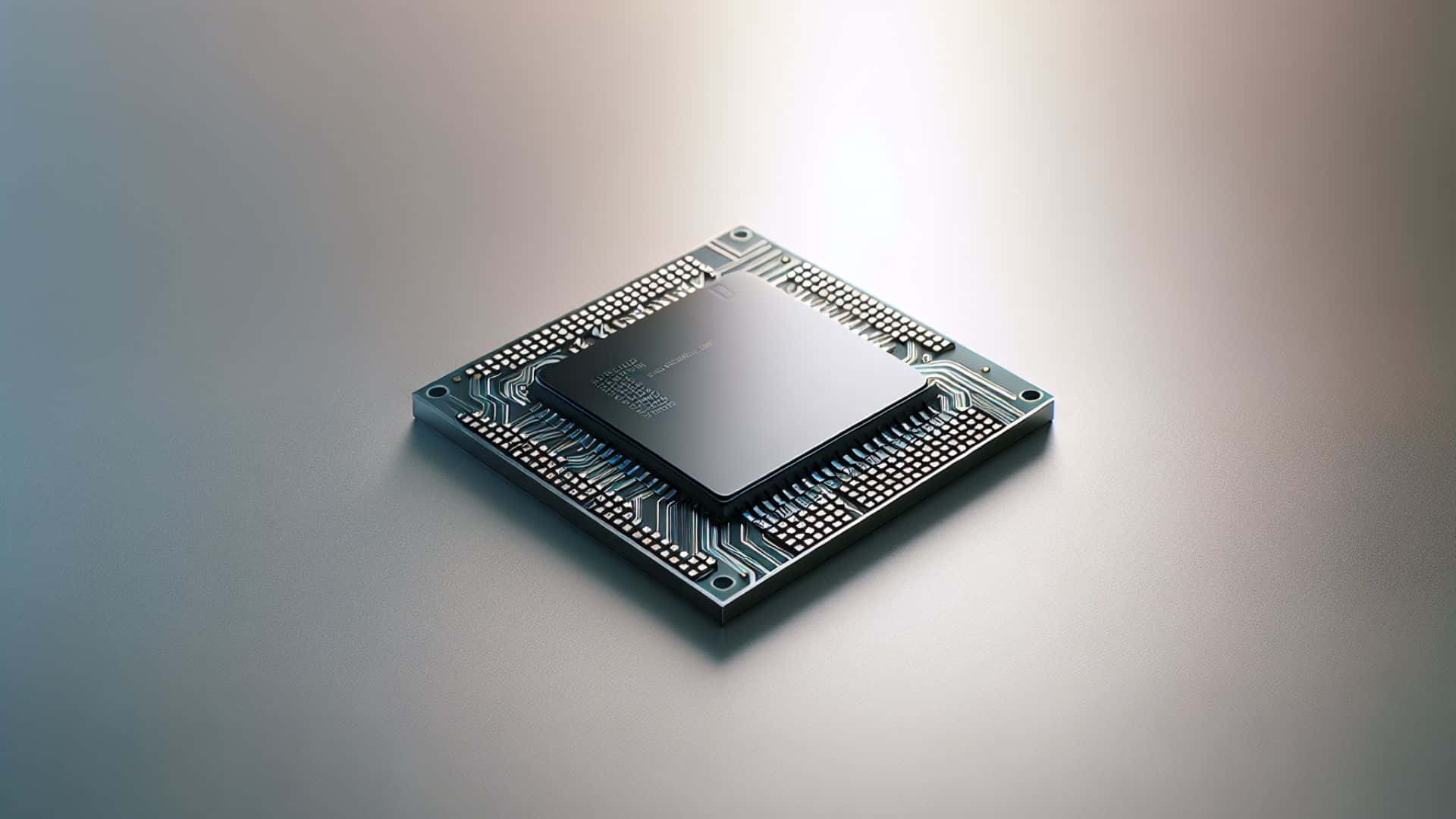In a significant legal development, Taiwanese authorities are pursuing a 14-year prison sentence for individuals implicated in the attempted theft of trade secrets related to the iPhone 18’s 2-nanometer (2nm) chip technology. This case underscores the critical importance of safeguarding intellectual property in the highly competitive semiconductor industry.
Discovery of Unauthorized Access
Taiwan Semiconductor Manufacturing Co. (TSMC), the world’s leading semiconductor foundry, identified unauthorized activities during routine system monitoring. The company’s internal security systems flagged irregular access patterns, prompting an immediate investigation. This probe revealed that several employees had accessed sensitive files pertaining to the development and production of 2nm chips, which are slated to power Apple’s forthcoming A20 processor in the iPhone 18 series.
Immediate Corporate Response
Upon uncovering the breach, TSMC acted swiftly by terminating the employment of those involved and initiating legal proceedings. The company emphasized its zero-tolerance policy towards actions that compromise trade secrets or harm corporate interests. While the exact nature of the accessed information remains undisclosed, TSMC confirmed that the breach involved its most advanced 2nm chip technology, a cornerstone of its competitive edge in semiconductor manufacturing.
Legal Implications Under National Security Act
The case has attracted the attention of Taiwan’s High Prosecutors Office, which is investigating potential violations of the National Security Act. This legislation protects technologies designated as National Core Critical Technologies, including sub-14nm semiconductor processes. Unauthorized use or disclosure of such secrets constitutes a criminal offense. Prosecutors have indicated strong suspicion that at least three individuals, comprising both current and former employees, colluded in accessing and attempting to extract these trade secrets.
Potential Impact on Apple’s iPhone 18
TSMC plans to commence mass production of its 2nm chips later this year, with Apple expected to be the primary customer. Renowned analyst Ming-Chi Kuo anticipates that the iPhone 18 lineup will incorporate these A20 chips across all models, marking a departure from Apple’s previous strategy of reserving the latest chip technology for Pro versions. While there is no evidence to suggest that the breach exposed Apple-specific designs, the incident highlights the vulnerabilities inherent in advanced chip development.
Broader Context of Trade Secret Theft
This case is not an isolated incident in the tech industry. In recent years, there have been multiple instances of trade secret theft:
– Apple vs. Rivos: Apple filed a lawsuit against Rivos, a System-on-a-Chip (SoC) startup, alleging that the company poached over 40 of its former employees and encouraged them to steal confidential information. The lawsuit claims that at least two former Apple engineers took thousands of files containing SoC designs and other proprietary data to Rivos. Apple is seeking an injunction and damages for the alleged theft.
– Former Apple Employee Pleads Guilty: Xiaolang Zhang, a former Apple hardware engineer, pleaded guilty to stealing trade secrets related to Apple’s autonomous vehicle project, known as Project Titan. Zhang was accused of downloading internal files, including a 25-page document with engineering schematics for a circuit board used in autonomous vehicles. He was arrested while attempting to board a flight to China and faces up to 10 years in prison and a $250,000 fine.
– Qualcomm vs. Apple: Qualcomm accused Apple of stealing its LTE modem-related trade secrets and providing the information to Intel. The legal filing alleges that Apple engaged in a years-long campaign to steal Qualcomm’s confidential information to improve the performance of Intel’s modem chipsets, aiming to eliminate Qualcomm’s business with Apple.
TSMC’s Commitment to Security
In response to the breach, TSMC has pledged full cooperation with authorities and is implementing stricter internal controls to protect its intellectual property. The company reiterated the complexity of duplicating its chipmaking technologies, emphasizing the specialized knowledge and years of development required. TSMC remains committed to maintaining its competitive advantage, safeguarding employee interests, and upholding Taiwan’s leadership in semiconductor manufacturing.
Conclusion
The pursuit of a 14-year sentence in this trade secrets case reflects Taiwan’s stringent stance on protecting its technological assets. As the semiconductor industry continues to evolve rapidly, the safeguarding of intellectual property remains paramount. This case serves as a stark reminder of the severe consequences associated with the unauthorized access and theft of proprietary information.



